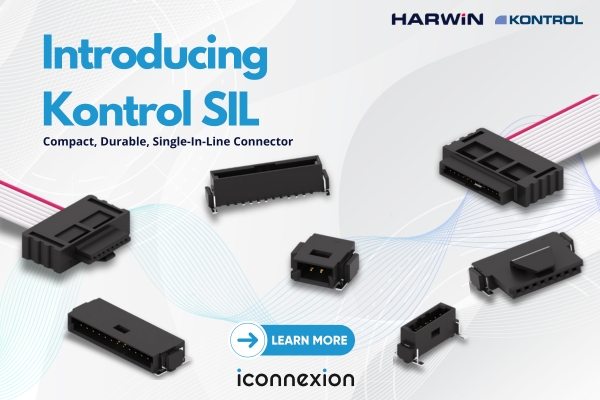
While there’s a larger variety of apps on the Apple App Store, the Salesforce AppExchange boasts the largest collection of business to business, cloud-based applications that extend the functionality of Salesforce across every department and industry. There are over 5,000 applications on the AppExchange that span industries and Salesforce clouds, both paid and free of charge.
The AppExchange allows developers to list their application, its capabilities regarding solutions along with all information on pricing and support so that customers can make an informed choice.
To make it easier for the prospective user of these applications, the AppExchange is organized by categories like “sales” or “customer service”. The apps are also organized by industries like manufacturing, education, non-profit, and healthcare, etc. All users (including non-Salesforce) can browse the tools and software available on the AppExchange. With the available demos, they can also view the capabilities of the software and test different applications before they decide to embed them in their organization’s software.
Note – Once an app is downloaded, it requires a user with special permissions, most often a Salesforce Admin to install the product.
The challenges of developing an AppExchange application and why you should use a PDO
When a Salesforce user, wants to build, configure, or optimize their Salesforce environment, it can be done internally or by seeking the help of Salesforce consultants or SIs (System Integrators). But when an ISV or corporation wants to create a reusable application for the universe of Salesforce users, this can and should be the domain of experts known as PDOs (Partner Development Outsourcers). Here are four important reasons for selecting a PDO to get your product idea on the AppExchange:
1. Your product will get to market much faster when you select the right PDO
A PDO will have a team of seasoned experts that can help with all phases of the application process including architecture, licensing, getting through the rigorous security review, and more.
2. PDOs know the process of becoming an ISV partner
Whilst guiding you through the application process and selecting the right Salesforce license for your product, they can also help you estimate the budget for an MVP (Minimum Viable Product) that is scalable and extensible.
3. You need a seasoned team that can architect a solution for thousands of organizations and customers
A PDO will know how to code an app that will pass the ultimate test of the thorough security review by Salesforce. This foundational work needs to be built in from the very beginning of the application development process.
4. Pass the security test the first time
While the Salesforce rigorous Security Review is the final hurdle to listing your application, it pays to pass it the first time. Otherwise, resubmitting your app can delay your product introduction. PDOs are selected for their adherence to this all-important concept.

How to select the right PDO for your project
1. Visit the salesforce.com list of PDOs Salesforce has established strict criteria to classify and accept partners into the PDO (Partner Developer Outsource) program. There are four levels for PDOs: Certified, Certified Navigator, Specialist Navigator, and Master (in order of increasing levels of specialization and certifications in the field). Since Salesforce administers these levels, the higher the level of certification, the more likely they will be able to navigate complex applications and easily pass the security process.
2. Ensure that your company retains all ownership of the application code. While this may seem obvious it should be made explicit in the service contract that you have with your developer.
3. Discover the apps that have been completed by the PDO and their rate of success in the security process.
4. Research a partner’s reputation by seeking customer references, seek out customers of similar size, project type, and application expertise.
5. Is your prospective partner familiar with your industry or related industry, e.g. if your industry is highly regulated, have they worked in this environment?
6. If your instance of Salesforce is on a particular cloud, has your Salesforce partner developed applications on this cloud in the past?
7. Will your partner sign an NDA with legal enforcement in the country/state of your choice?
8. Does the developer have levels of security that can prevent data breaches?
Pros and Cons – Selecting Domestic PDOs vs Offshore PDO Development

By relying on a PDO, your application will come to the market sooner and with a greater chance for commercial success. Look to Salesforce for a complete list of PDOs and their skillsets whether onshore or offshore. Extentia has significant expertise in creating and deploying solutions for the AppExchange, get in touch with us to know more!
For more information, please visit: www.extentia.com















